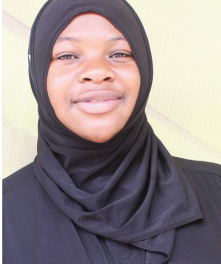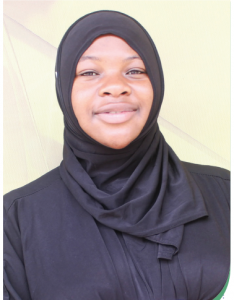
ISLAMIC INSURANCE (TAKAFUL) PART THREE

All participants (policyholders) agree to guarantee each other and, instead of paying premiums, they make
contributions to a mutual fund, or pool. The pool of collected contributions creates the takaful fund.
The amount of contribution that each participant makes is based on the type of cover they require, and on their personal circumstances. as in conventional insurance, the policy (Takaful contract) specifies the nature of the risk and period of cover.
The Takaful fund is managed and administered on behalf of the participants by a takaful operator who charges an
agreed fee to cover costs. these costs include the costs of sales and marketing, underwriting, and claims management.
Any claims made by participants are paid out of the Takaful fund and any remaining surpluses, after making provisions for likely cost of future claims and other reserves, belong to the participants in the fund, and not the takaful operator, and may be distributed to the participants in the form of cash dividends or distributions, alternatively in reduction in future contributions.
OPERATING PRINCIPLES
An Islamic insurance company must have the following operating principles:
1. It must operate according to Islamic
co-operative principles.
2. Reinsurance commission may
be paid to, or received from, only
Islamic insurance and reinsurance
companies.
3. The insurance company must
maintain two funds: a participants/
policyholders’ fund and a
shareholders’ fund.
MODELS OF TAKAFUL
There are various models of takaful according to the nature of the relationship between the company and the
participants. there are Wakalah (Agency), Mudarabah and a combination of the two. in the Sudanese takaful model, every policyholder is a shareholder in it. An operator runs the business on behalf of the participants and no separate entity manages the business. Sharia experts consider this preferable. In other Islamic countries, the legal framework does not allow this arrangement and takaful companies work as separate entities on
the basis of Mudarabah (in Malaysia) and Wakalah (in the Middle East).
In the Mudarabah model practiced mainly in the Asia pacific region, the policyholders receive any available
profit on their part of the funds only. The sharia committee of a takaful company approves the sharing ratio for each year in advance, most of the expenses being charged to the shareholders.
In the Wakalah model, the surplus of policyholders’ investments – net of the management fee or expenses goes to the policyholders. The shareholders charge the Wakalah fee from contributions and this covers most of the expenses of the business. The fee is fixed annually in advance in consultation with the company’s sharia supervisory board. The management fee is related to performance.
STATUS OF TAKAFUL
As Islamic finance continues to expand, there is likely to be a huge takeoff of other products such as pensions, education, marriage and health takaful plans. there is also a huge scope for mortgage Takaful. Islamic principles strong emphasis in takaful on the economic, ethical, moral and social dimensions, to enhance equality and fairness for the good of society as a whole should also have appeal for the ethically minded.
In modern society, insurance has become a necessity to trade and industry. Life insurance has become the most effective vehicle for mobilizing savings, for capital formation and for long-term investment, as well as for making provision for old age and bereavement in the case of individuals.
In the west, the insurance sector is the largest single contributor to the capital market. Banks and Insurance companies now form international alliances for mutual benefit.
There is an increasing demand for a sharia-compliant insurance system. until recently, there has been a low demand for insurance in Islamic countries, because Muslims believe that insurance is un-Islamic. The development of Islamic insurance, therefore, requires extensive education of the Muslim public, besides development of resources and expertise, a legal framework for it, the harmonization of practices,
development of new sharia-compliant instruments, accounting standards, and arrangements for retakaful.





























